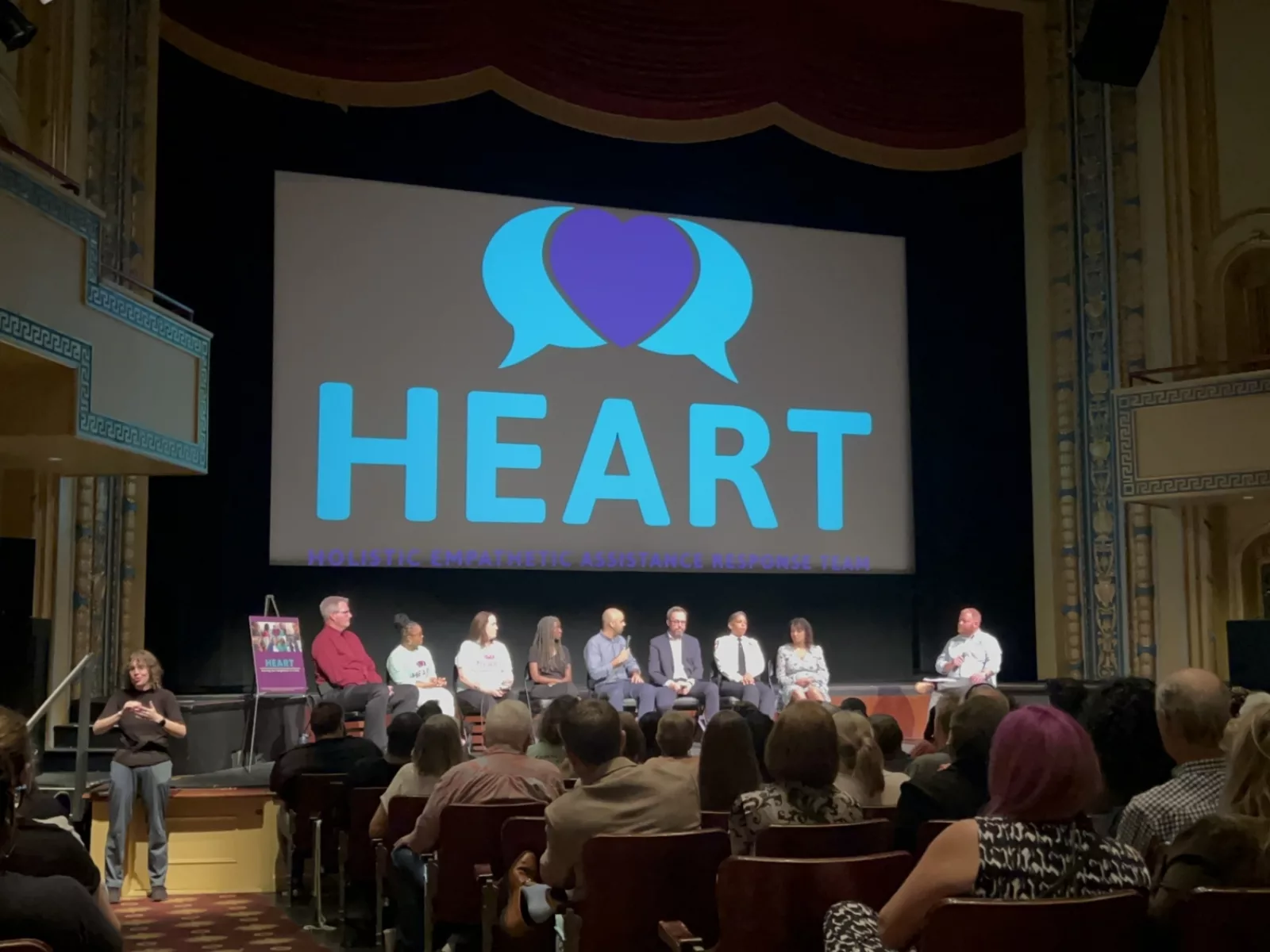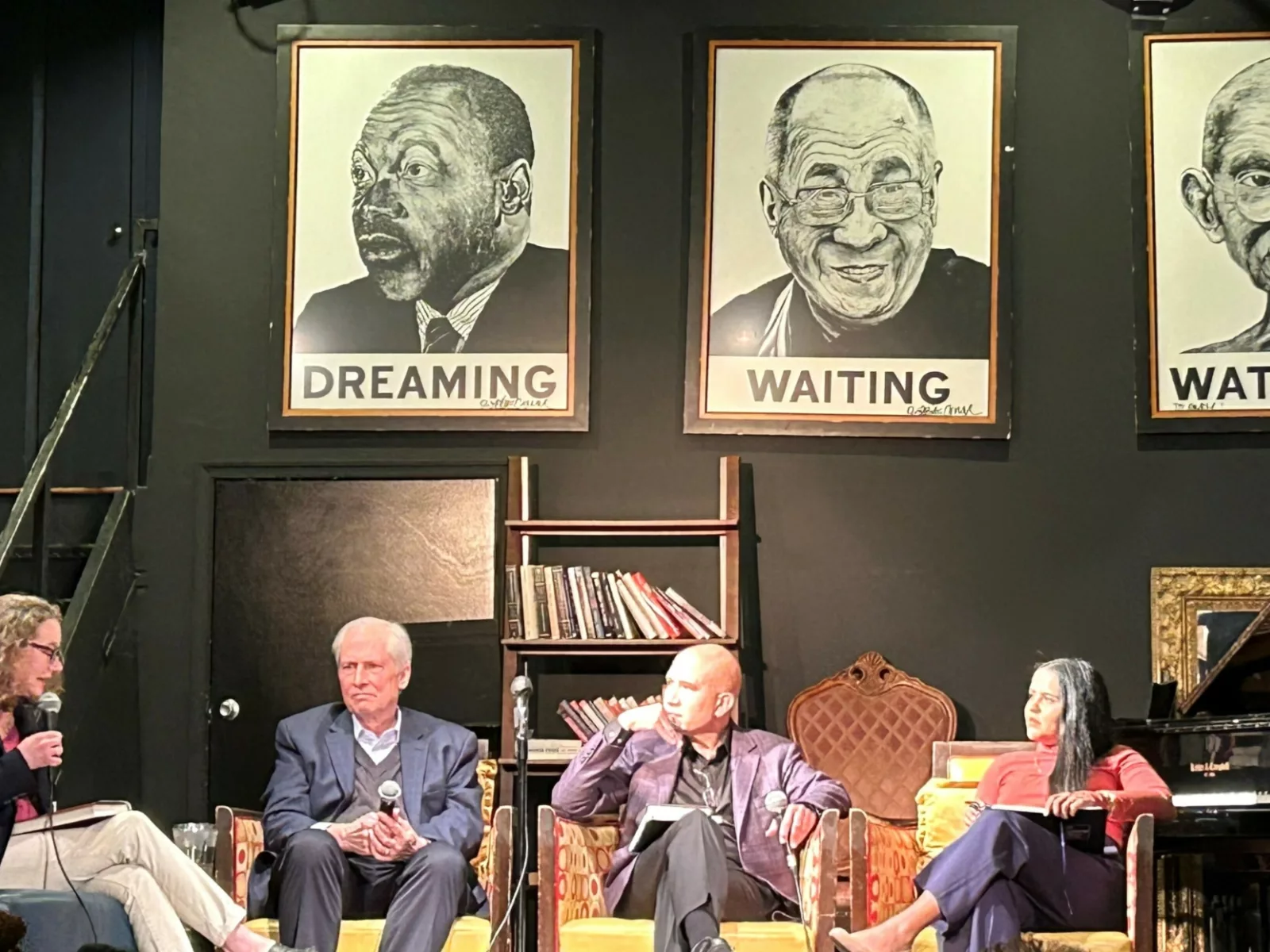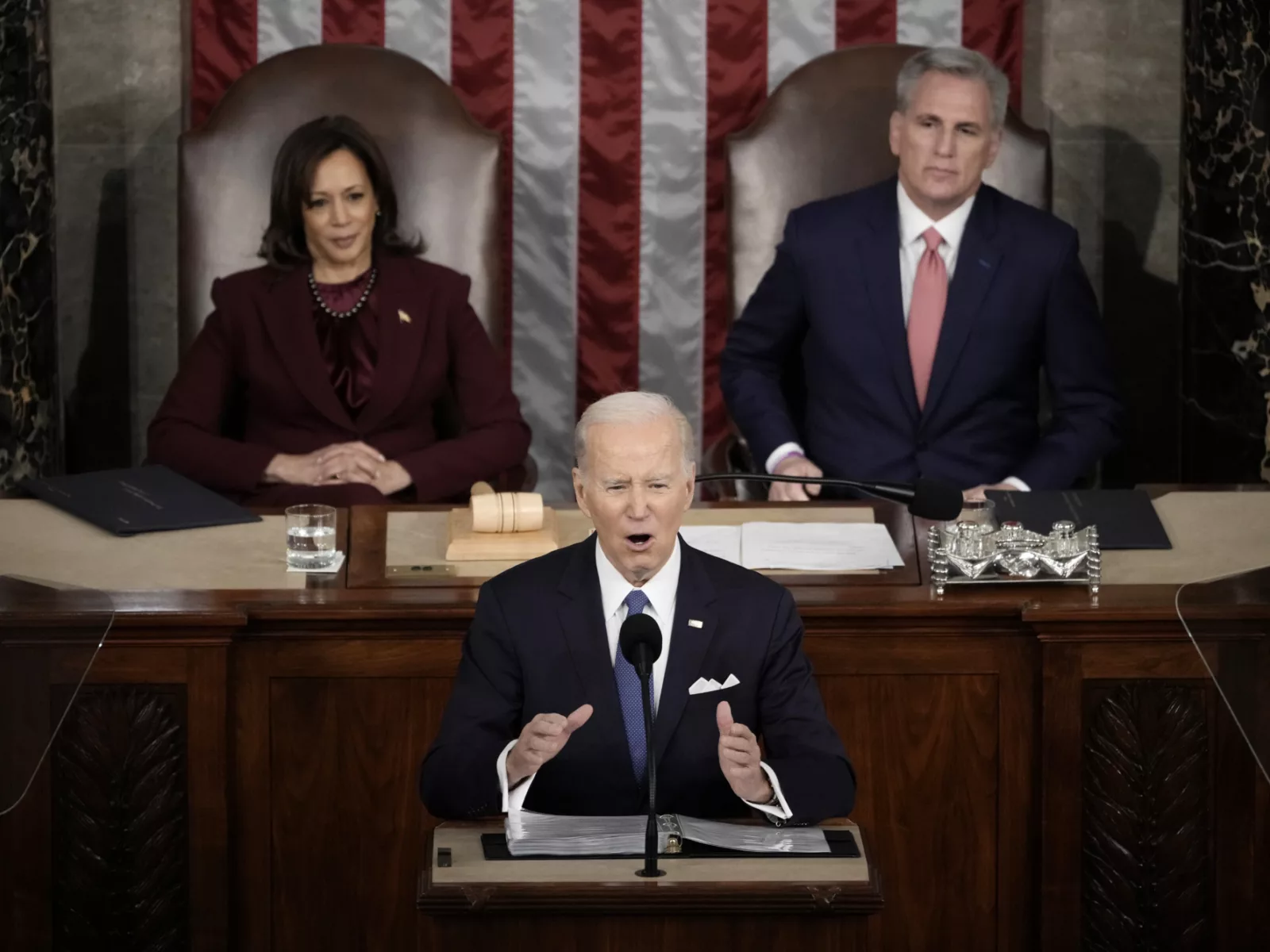In 2020, the criminal justice system sat at the intersection of overlapping crises of accountable government, racial justice, and the COVID-19 pandemic. Amidst this strife, the American people went to the ballot box in November and approved a surprisingly broad menu of criminal justice reforms.
The Biden administration has the opportunity to bring this national movement for criminal justice reform into the highest levels of government. Now is the moment to hold our law enforcement accountable and responsible to all communities, reduce excessive punishments in our courts and corrections, center and promote racial justice, end the War on Drugs, and begin collecting data that can help policymakers craft effective laws that save lives and truly promote public safety.
Here are five actions the Biden administration can take to put our criminal justice system on the right course:
#1 Work to root out the systemic racism ingrained in the criminal justice system that has inflicted intergenerational harms on communities of color.
History is filled with evidence of the racist nature of the U.S. criminal justice system, from post-Reconstruction plantation prisons to the deaths of George Floyd, Breonna Taylor, Eric Garner, Michael Brown, Freddie Gray, Philando Castile, Sandra Bland, and too many other Black Americans and people of color at the hands of those charged with protecting them.
Well-intended efforts at reform have fallen woefully short. Politicians promote policies that aren’t based on evidence. Institutional negligence muzzles many good actors and allows for a racist and brutal system to persist. The code of silence within law enforcement agencies and doctrines such as qualified immunity serve as a barrier that protects the status quo. The Biden administration must work to tear down these barriers and demand that reform efforts be backed by rigorous research and informed by the values of racial justice so that the current reform movement has a lasting impact.
#2 Support a criminal justice model that prioritizes community wellbeing while preserving individual liberty and repairing the harmful effects of system overreach.
The United States has the largest incarceration system in the world, with rates that have grown four-fold since the early 1970s. Prisons are filled with young men plucked from their neighborhoods just as they enter adulthood, who receive unnecessarily long sentences that keep them behind bars well into old age. At a local level, most people are in jails because they’re too poor to afford bail before trial. Community supervision programs intended to help people transition to free and productive lives often keep them unnecessarily entangled thanks to the collateral consequences of a conviction. And local jails serve as de facto mental health hospitals because law enforcement over-relies on arrests as a response to people in crisis. These mass incarceration practices inflict economic and social harms on communities and individuals while doing little to promote public safety.
The Biden administration can begin promoting policies that advocate for reversing mass incarceration, more alternatives to detention, and fewer punitive community supervision practices. The federal government has vast opportunities through lawmaking, funding, and creating incentives to promote reforms at a state and local level. This includes expanding support for mental health and substance use disorder research and services, investing in public defenders’ offices, and using the Department of Justice to provide rigorous oversight of local law enforcement. At a federal level, the passage of the bipartisan Pretrial Detention for Drug Charges Act will implement critical reforms for federal cases by eliminating the presumption of pretrial detention for many drug offenses.
#3 Involve impacted communities in the development and implementation of criminal justice policies.
The communities and families most affected by the criminal justice system have the least say in how it is run and the fewest opportunities to offer ideas for improvement. Too many neighborhoods are overpoliced and underserved — they experience only the punitive nature of our courts and are denied the promise of justice. The criminal justice system must be a public service that works hand-in-hand with communities and is accountable to the democratic process.
There is evidence promoting a strong community role alongside the criminal justice system actually improves public safety.1 Princeton sociologist Pat Sharkey has found that for every 10 nonprofit organizations devoted to community development or violence prevention in a large city, murder rates drop by 9% drop and violent crime rates drop by 6%.
The Biden administration can promote these sorts of practices by supporting funding for community-based programs. The administration can also set an example at the highest level by bringing justice-impacted leaders into high-ranking government positions.
#4 Prioritize the personal safety and inherent human dignity of people involved in the criminal justice system, including incarcerated persons, victims, survivors, and employees.
The COVID-19 pandemic has underscored how jails and prisons perpetuate unsafe conditions for people detained behind bars and those who work in facilities. Hundreds of thousands of people in prison have tested positive for the virus and thousands have died, according to the Marshall Project. The Biden administration should adopt the recommendations made by the National Commission on COVID-19 and Criminal Justice, including providing the vaccine to people in prisons, in order to protect these vulnerable populations.
However, the challenge to keep people safe within the criminal justice system didn’t begin with a viral outbreak, nor does it end at prison walls. Survivors and victims of crimes often struggle to fully recover, both physically and mentally, and receive little help from the government.
Robust federal oversight through the Department of Justice can ensure local law enforcement treats communities as partners. The president can use his clemency power to promote compassion and dignity as core aspects of criminal justice. And ending profiteering within the criminal justice system, including ending federal contracts with private prisons, can help ensure that people are treated as individuals worthy of respect rather than opportunities for moneymaking.
#5 Build transparency, oversight, accountability, and effective reliance on data into the criminal justice system at all levels.
Whether measuring gun violence, tracking law enforcement practices, or caring for people experiencing mental health crises, the criminal justice system often fails to collect, measure, and share objective data. This undermines efforts by policymakers to craft evidence-based practices and achieve effective outcomes.
The Biden administration should work to make transparency and accountability an inherent part of criminal justice. For example, the NORC Expert Panel on Firearms Data Infrastructure recently released its Blueprint for a U.S. Firearms Data Infrastructure, which includes specific recommendations on how the federal government can improve the collection and sharing of data about American firearms usage. Standardization of 911 systems can also help researchers compare emergency responses across jurisdictions and improve outcomes. The collection of demographic statistics in policing practices can help lawmakers and law enforcement target systemic racism. The Justice in Policing Act included provisions that would better track officer misconduct and require transparency within departments.
Increased funding for qualitative research that shines a light on the conditions experienced by incarcerated people could help improve conditions behind bars. And the tracking and collection of data about pretrial, prosecutor, and public defender offices would help practitioners understand the impacts of their policies and practices.
-
1
New York’s “Close To Home” model of youth justice sets an example of how community involvement can help craft new systems that achieve better outcomes. And the Restoring Promise approach, run by the Vera Institute of Justice and MILPA, is extending these values to prisons and working to help incarcerated people build their own communities.
↩︎






















